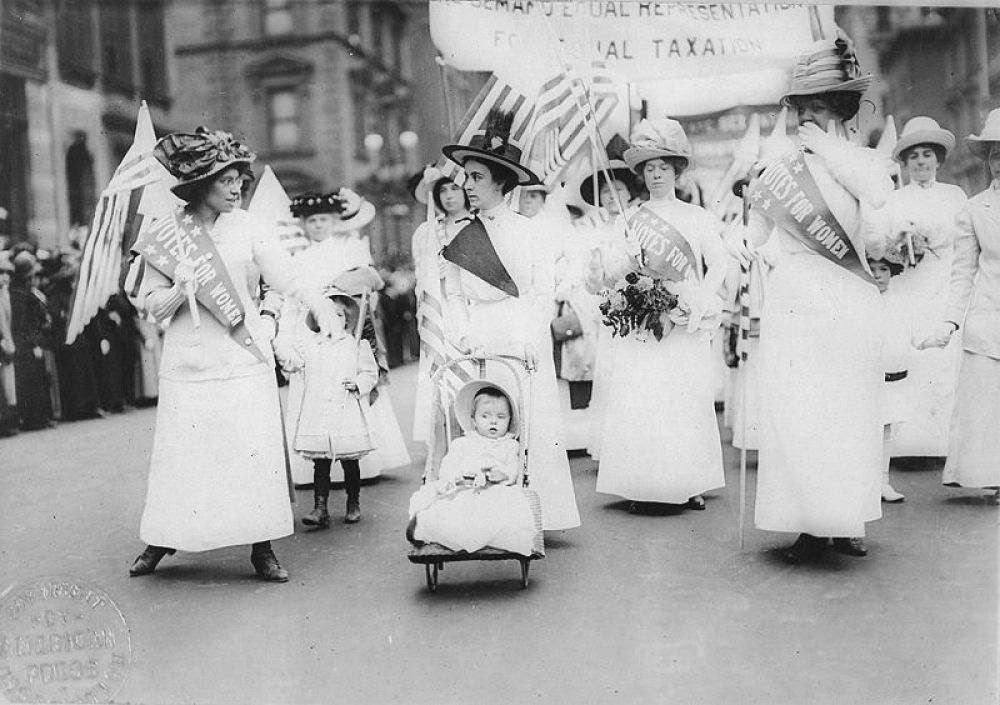- News
- Events
- Oneg Shabbat
- Collections
- Research
- Exhibitions
- Education
- Publishing Department
- Genealogy
- About the Institute
- Bookstore


The DELET project introduces women who engaged in social activism, feminism, literature, acting and education. Between late 19th century and World War II, these activists influenced the societies of Germany and the United States. Their portraits can be found in the Berlinka collection. Discover their biographies:
Lina Morgenstern (1830–1909) – German pedagogue. Founded Froebl kindergartens. Before the Franco-Prussian War, she organised a network of eateries in the cities of Germany, as well as Poznań and Warsaw. In this way she helped wounded soldiers and prisoners of war. For her achievements Lina Morgenstern was awarded the Iron Cross of Merit. She did philanthropic work, published newspapers, promoted pacifism, engaged in the fight against prostitution.
Jeanette Schwerin (1852–1899) – friend of Lisa Morgenstern, founder of the Association of Girls and Women for Social Work, an early organization helping the poor through voluntary service. She died prematurely from cancer.
Emma Lazarus (1849–1887) – American poet and writer, born in New York. Her family came from Portugal. She is best known as the author of The New Colossus, a sonnet expressing faith in the USA’s brilliant future. Lazarus called the Statue of Liberty the „Mother of Exiles”. Composed in 1883, the sonnet was placed on a board fixed to the pedestal of the Statue of Liberty. It influenced American national consciousness.
The entire DELET lesson, prepared by Zuzanna Benesz-Goldfinger, is available under this link.
*Berlinka is an iconographic archive documenting the collection of the pre-war Jewish Museum in Berlin, operating from 1933 to 1938. Berlinka has 3000 cards with reproductions of works of art, images of famous figures, original graphics. Since 1951, the collection is stored in the Jewish Historical Institute in Warsaw.
The project is carried out thanks to the funds provided by the Minister of Culture and National Heritage as part of the Digital Culture programme.